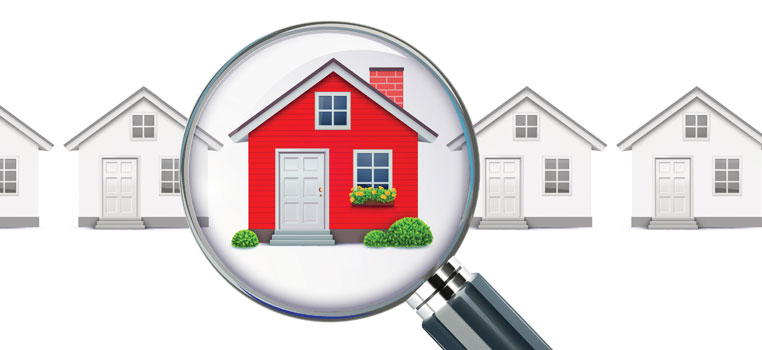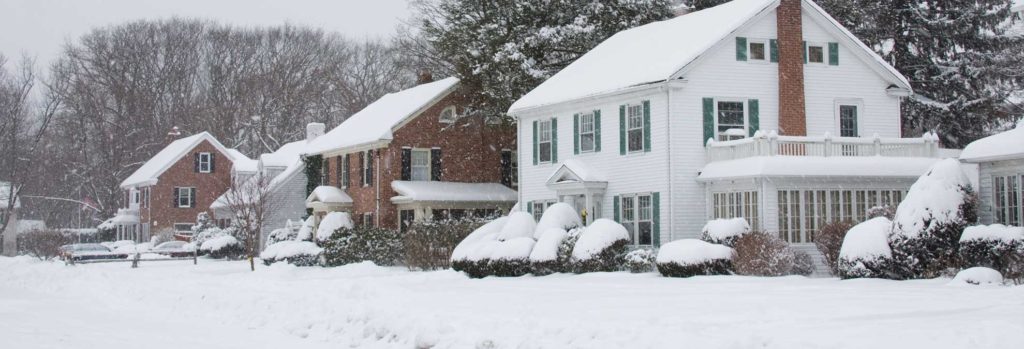It’s in a seller’s best interest to make sure their home is as ready as possible for inspection. All homes that have been lived in usually have a bit of damage from simply living in it. After your home has been on the market and someone is interested in buying it, you have to pass the inspection. Home inspection seems nerve-wracking but they are necessary before any sale. There are a few things you can do to be prepared for the day when the interior of your home is being inspected.
Heating, Cooling, Water Heater: Each should have a date of their last inspection on them. If not, they could be flagged by the inspector. If you can’t find a sticker, have your Realtor give you the name of a licensed contractor to come to have a look to see if any repairs or changes should be made and make sure all are running properly.
Bathrooms: How is the grout in the shower, around the sink and in the tub looking? This one is an easy remedy if you see any cracks – match the grout color and fill in the damaged areas. Make sure any pipe work that was performed meets legal standards and guidelines. For example: If you put in your own custom shower, note that the inspector will check below the surface to make sure that the membrane was installed properly and there isn’t water leaking below the shower that could damage the sub-floor and drywall. The inspector will flush all the toilets and listen for any leaking sounds. Often you will just need a flapper valve if you hear a sound. Cheap fix.
Electrical: Test your outlets. For as little as $10, an outlet tester can be picked up at a home improvement store. An inspector will try every single one in your home. Be sure the cover plates are not cracked – another cheap and easy fix. Every light fixture should have a working bulb and your smoke detector should work.
Plumbing: Fill all your sinks part of the way and then pull the plug to see if they drain normally. Did it take a long time to fill the sink? It might be because you have low water pressure and is often a really easy fix. Occasionally, this could be an indication of a bigger problem within your plumbing system. It’s best, at that point, to hire a professional to come to see before an inspector. Check inside cabinets under sinks for moisture or around the valves.
Kitchen Appliances: Repair any that may need to be fixed as the inspector will run the dishwasher, the stove, oven, garbage disposal, vents, and fans. If you bought a new appliance while you lived in the home and installed it yourself, mistakes may have been made during setup. Check the water and drainage lines from a new dishwasher or refridgerator.
Windows & Doors: Each window should be able to open, close and lock. If you find any hard movement, it can be easily fixed using spray silicone from the hardware store. Repair any caulking around the doors and make sure all the knobs/deadbolts are working properly.
The Bottom Line: This is just a quick checklist of some of the things that you, as a homeowner, can look for and fix before an inspection inside your home. Some of the issues may need the help of a professional. The best advice we have heard is if you want the inspection to go smoothly, have your home inspected before it even goes on the market. This way, anything you can’t fix yourself, you will have time to find a reasonably priced contractor instead of rushing and paying top dollar after the fact.


 See Our National Coverage Map
See Our National Coverage Map


